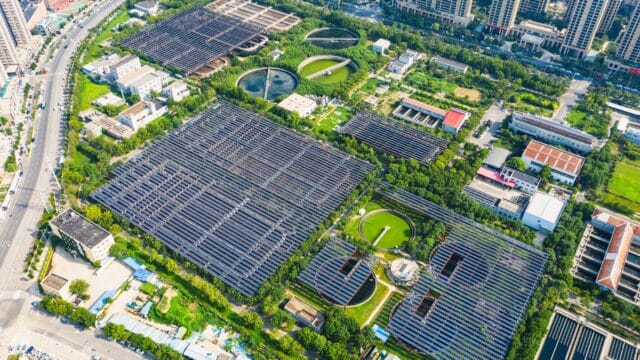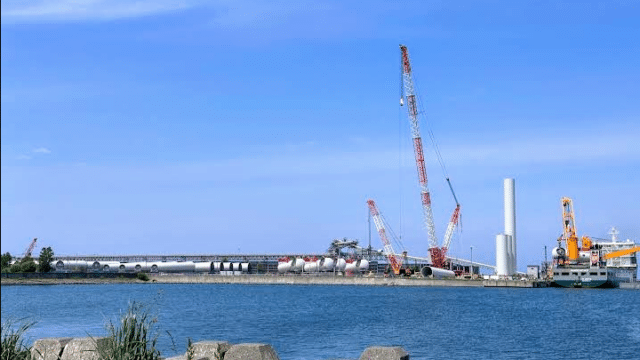Articles
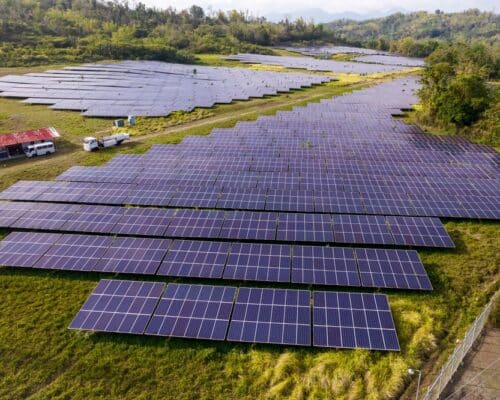
Southeast Asia’s Renewable Energy Potential and Growth Challenges – Podcast
Energy Insights speakers with Janna Smith, a researcher at Global Energy Monitor (GEM) about Southeast Asia's renewable energy potential.

Top Renewable Energy Companies in the USA Leading the Green Revolution
Renewable energy has grown significantly over the last decade in the US, and predictions show this trend will speed up in the coming years. As a result, major renewable energy companies have spread across the US energy sector.

Asian Countries Take Advantage of Floating Solar Power Plant
Land acquisition has often become a problem for renewable energy developers in Asian countries. Due to a huge population and growing energy needs, renewable energy acceleration plans have faced the need for land for housing and food availability. Therefore, Indonesia built floating solar power plants (PLTS) to overcome this issue.
Future of Renewable Energy in the World: Massive Growth Expected
IEA notes that almost all new clean energy capacity added in 2023 had lower generation costs than new coal and gas plants, and 75% of new solar and wind plants offered cheaper power than existing fossil fuel facilities.

Indonesia Energy Transition Outlook 2024: In Light of the JETP
Whoever holds power after Indonesia’s February elections has a chance to alter the country's future. Projects, like increased coal and gas capacity and expensive, untested technologies, should remain on paper, while solar and wind must become the priority.
Azerbaijan to Host COP29 in 2024: What to Expect
The initial signs are that COP29 might be yet another conference where fossil fuel producers act in concert to stall global progress. However, Azerbaijan has the unique opportunity to do what no previous conference host has: increase financing for the most vulnerable ones to the needed levels, accelerate the phaseout of coal and urge for more ambitious emissions reduction targets.
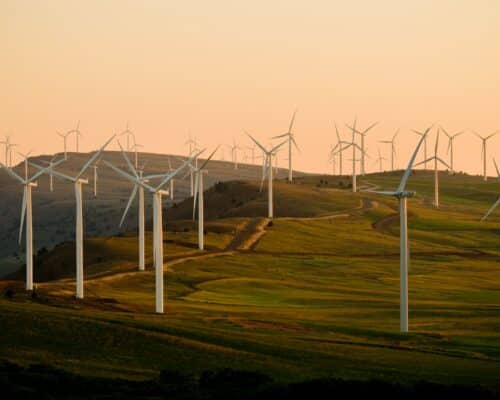
Renewable Energy Growth and Plunging Costs Make the COP28 Target Possible
While the world remains off track in reducing fossil fuel emissions and limiting temperature rise to 1.5°C, the momentum behind renewable energy technologies is aiding the shift towards a cleaner and more sustainable energy system.
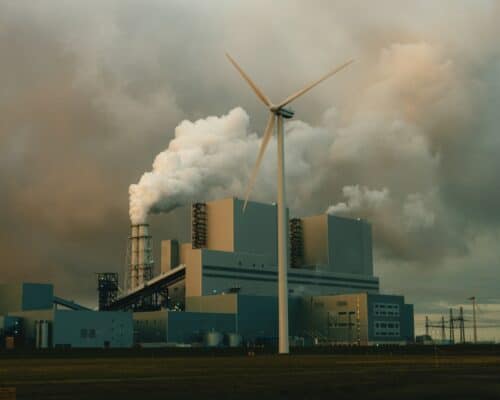
How COP28 Failed to Deliver on the Climate Crisis
Despite all the efforts to paint COP28's final text as a success, the result of the conference is a vague and non-binding agreement allowing the fossil fuel lobby to continue doing business as usual. All that while frontline communities stand at risk due to the climate crisis.
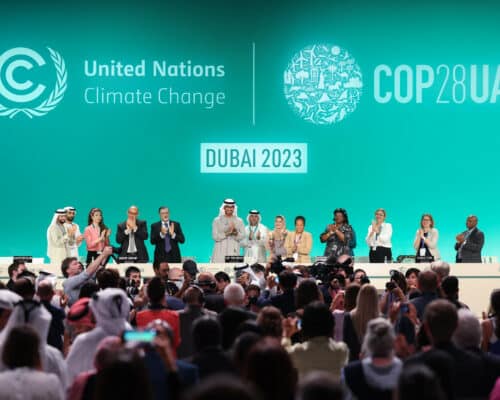
COP28’s Implications on Fossil Fuels and Climate Finance – Podcast
Energy Insights speaks with WRI's Executive Director for Climate on COP28's implications on fossil fuels and climate finance.

Is Oil a Good Investment in 2024?
Oil has long been a cornerstone commodity in the global investment landscape, so is it a good investment in 2024?

What’s Slowing Supply Chain Decarbonisation in the Tech Industry?
Tech firms are making big strides towards carbon neutrality, but are they doing enough to decarbonise their supply chains?

Capitalism and Climate Change: A Dual Force Shaping Our Future
Capitalism drives economic growth, which has historically been reliant on fossil fuels. This has led to a rapid increase in global emissions since the Industrial Revolution. However, if consumer demand and government policy shift to support low-carbon products, capitalism can lead in fighting climate change.

COP28 Loss and Damage Fund: A Historical Win or a Distraction From the Real Problem?
Climate-vulnerable nations experienced the hottest year on record in 2023. While they were looking towards COP28 with hope, despite all the efforts to brand the Loss and Damage Fund as a success, the unclear funding distribution and insufficient pledges are disappointing.

Lessons from COP28: South Korea’s Energy Transition Pledges Will Reduce the Need for LNG Investments
A recent report by the Institute for Energy Economics and Financial Analysis (IEEFA) found that the country is overinvesting in LNG infrastructure despite having among the lowest utilisation rates in the world for regasification terminals. This could impede South Korea's swift transition to more affordable and domestically sourced renewable energy.
Most Popular
Most Popular
Categories
-
10
-
34
-
126
-
4
-
17
-
46
-
52
-
11
-
10
-
15
-
24
-
6
-
1
-
5
-
6
-
283
-
200
-
17
-
24
-
1
-
1
-
23
-
41
-
44
-
88
-
18
-
86
-
41
-
17
-
11
-
43
-
54
-
86
-
299
-
22
-
44
-
36
-
11
-
42
-
36

